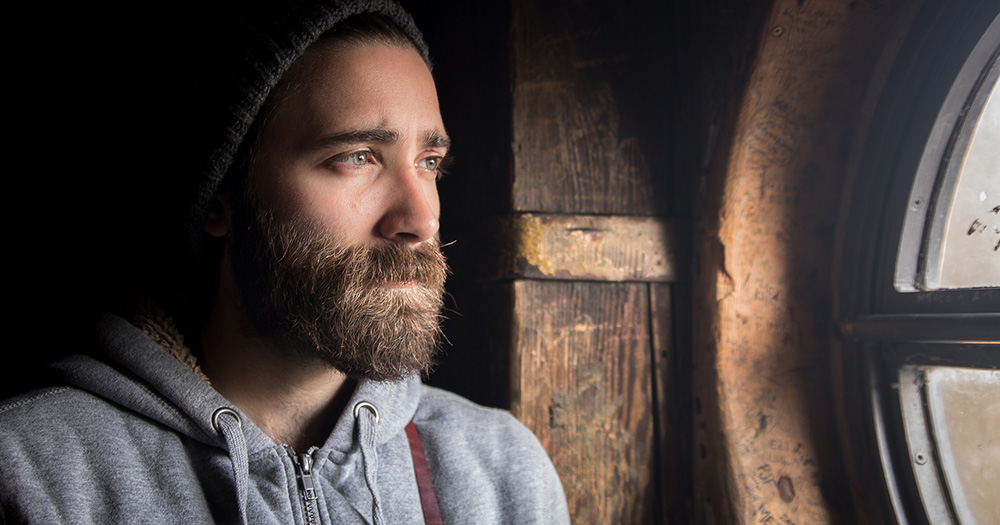A new study, published by researchers from the School of Psychology at NUI Galway, has highlighted the difficulties experienced by gay men who face the break-up of their families after fathering children in straight marriages.
In the study, titled ‘Coming-Out Experiences of Irish Gay Fathers Who Have Been Heterosexually Married,’ nine gay men reflect on the experiences of marriage and separation. The research used interpretative phenomenological analysis, meaning that it took its findings from the men’s own views of their life experiences.
The nine fathers, ranging in age from 42 to 65, all grew up and got married in the latter half of the twentieth century. The average length of their straight marriages was just over 23 years, while the numbers of children they had with their ex-wives varied from one to five.
All nine men remembered experiencing same-sex desires before they married, but had suppressed those desires – “primarily due to religious and societal expectation and homophobia,” according to the study. These men grew up in a time of greater Church control over Irish society, and of the nine participants, eight identified as Catholic or Evangelical Christian.
As well as feeling societal pressure to be in a heterosexual relationship, though, seven were drawn towards marriage by “a love for and a connection with their wife-to-be and an attraction to the institution of marriage.”
Participants commented on how an awareness of Ireland’s changing culture led them to engage with an “increasingly available gay scene.”
Just over half of the participants admitted to cruising, having hook-ups at gay bars or discreetly connecting with sexual partners online while married. Most of the men did not act to end their marriages, but were discovered taking part in the gay scene.
“In most cases the balancing act between private gay self-identification, covert sexual behaviour, and continued marriage was disrupted through unwilling discovery,” the study says.
The period surrounding the breakdown of each participant’s marriage was one of intense anxiety and pain. Five men mentioned memories of depression and suicidal ideation, while one had attempted suicide. Four participants credited their children as a reason for living.
“This study highlights for gay fathers the importance of, and continued access to, their children during and following marital separation,” said the authors. “There is a therapeutic need for meaningful support, such as online networks; empathetic counselling; and community spaces that facilitate the expression and exploration of identities.”
At the time of the study, three of the men were living alone. Five had been living with their same-sex partner for at least six years, while one lived with both his wife and partner in separate homes.
The authors of the study – Siobhán C Daly, Pádraig MacNeela, and Kiran M Sarma, said exact numbers of heterosexually married gay men are undetermined. Indeed, it would be difficult to estimate how many men continue to suppress their desires after growing up and marrying in a heteronormative culture. The authors estimated, however, that as many as 20% of gay men may be or have been part of straight marriages.
© 2019 GCN (Gay Community News). All rights reserved.
Support GCN
GCN is a free, vital resource for Ireland’s LGBTQ+ community since 1988.
GCN is a trading name of National LGBT Federation CLG, a registered charity - Charity Number: 20034580.
GCN relies on the generous support of the community and allies to sustain the crucial work that we do. Producing GCN is costly, and, in an industry which has been hugely impacted by rising costs, we need your support to help sustain and grow this vital resource.
Supporting GCN for as little as €1.99 per month will help us continue our work as Ireland’s free, independent LGBTQ+ media.
